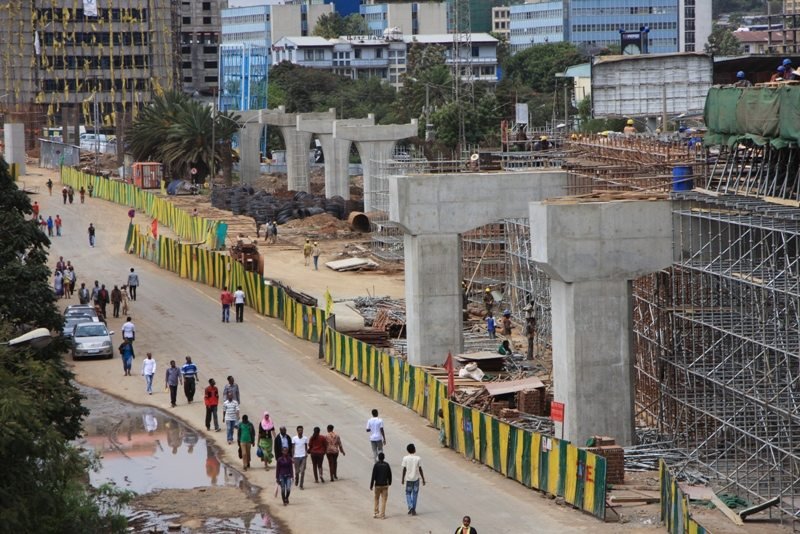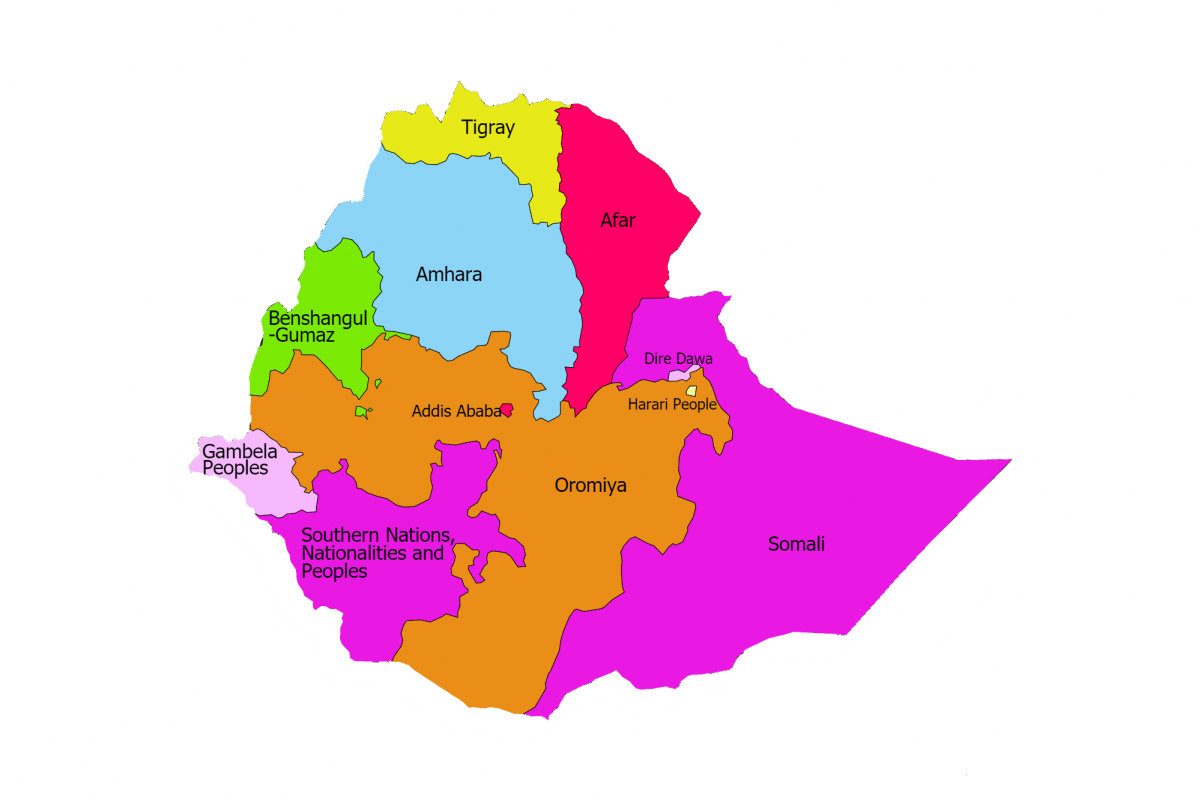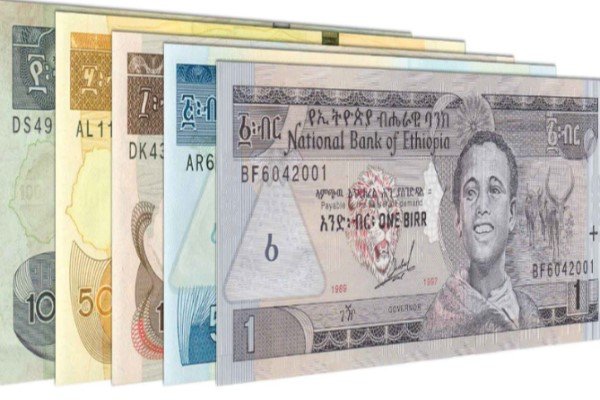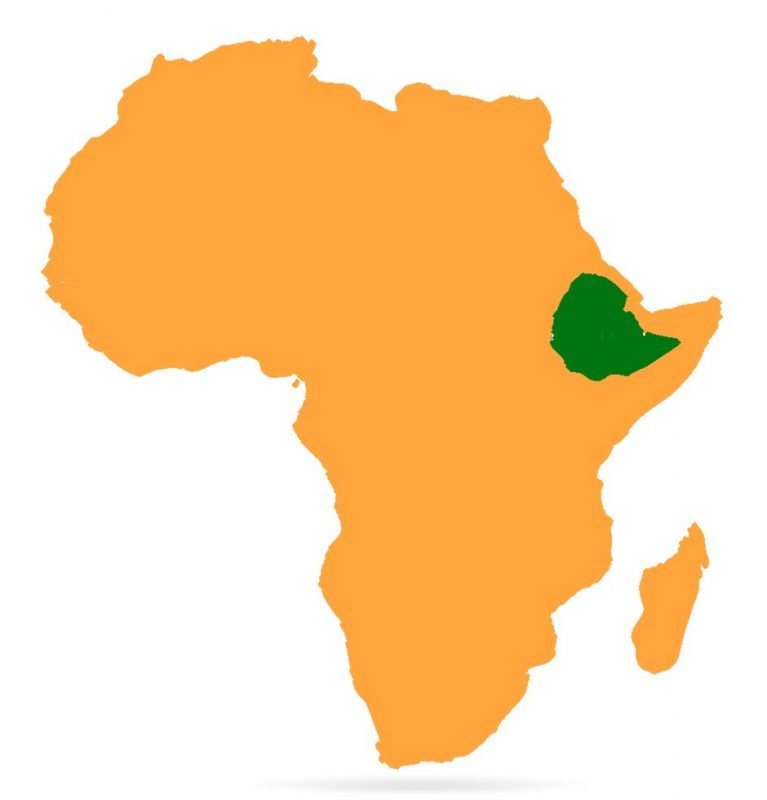CURRENCY
BUSINESS OPPORTUNITIES IN ETHIOPIA
ETHIOPIA




FLAG

ETHIOPIA
CAPITAL CITY

ETHIOPIAN BIRR CITY

WEST AFRICANCFA FRANC
Language

Population

116.4 MILLION
Country
Calling Code

+251
LOCATION:

EAST Africa
BORDER COUNTRIES:
ERITREA
DJIBOUTI
SOMALIA
KENYA
SOUTH & WEST SUDAN
ABOUT ETHIOPIA
Ethiopia, situated in the Horn of Africa, is the second-most populous country on the continent with a population exceeding 126.5 million people as of 2023. It has a diverse cultural heritage with over 80 ethnic groups and is renowned for its rich history as one of the world’s oldest civilizations. The capital city, Addis Ababa, is the political, economic, and diplomatic center of the country and hosts the headquarters of the African Union (AU) and several international organizations.
Despite being landlocked, Ethiopia has been a regional economic powerhouse with consistent GDP growth averaging over 8% annually before recent global challenges. Classified as a low-middle income country by the World Bank, Ethiopia is focusing on rapid industrialization, infrastructure development, and export-led growth to transform its economy. The national currency is the Ethiopian Birr (ETB).
The official working language is Amharic, but English is widely used in business, government, and education, facilitating international trade and investment.
GEOGRAPHY & INFRASTRUCTURE
Ethiopia is strategically located with borders touching Sudan, South Sudan, Eritrea, Djibouti, Somalia, and Kenya. It serves as a vital trade and logistics hub for the Horn of Africa region.
Airports & Air Connectivity
- Addis Ababa Bole International Airport is the main international gateway, connecting Ethiopia to Africa, the Middle East, Europe, Asia, and the Americas.
- Additional regional airports serve domestic and cross-border flights, improving access within Ethiopia.
Ports & Trade Routes
Though landlocked since Eritrea’s independence, Ethiopia relies heavily on Port of Djibouti for over 90% of its import and export needs. Efforts are underway to improve logistics corridors through Djibouti and other neighboring countries to ease trade.
The Ethiopian government is investing in rail infrastructure linking Addis Ababa to the Djibouti port to streamline freight transport.
TAXATION & BUSINESS ENVIRONMENT
- Corporate Tax Rate: 30% standard corporate income tax.
- Value Added Tax (VAT): 15% applied broadly.
- Withholding Taxes: Applied on dividends, interest, and royalties.
- Investment Incentives: Tax holidays, customs duty exemptions, and accelerated depreciation available especially in priority sectors like manufacturing, agriculture, and export-oriented businesses.
The Ethiopian government has been implementing reforms to improve the ease of doing business, including establishing industrial parks, streamlining business registration, and opening select sectors to foreign direct investment (FDI).
SECTORS WITH HIGH INVESTMENT POTENTIAL
Agriculture and Agro-Processing
Agriculture remains the backbone of Ethiopia’s economy, contributing about 33% to GDP and employing around 70% of the population. There is vast potential to invest in:
- Coffee cultivation and processing (Ethiopia is the birthplace of coffee)
- Pulses and oilseed production
- Horticulture and floriculture (export of flowers is growing)
- Agro-processing facilities for food, beverages, and edible oils
Manufacturing
Ethiopia’s “Growth and Transformation Plan” focuses heavily on expanding industrial parks and light manufacturing, including textiles, garments, leather products, and construction materials.
Energy
Ethiopia has abundant renewable energy resources, including hydroelectric, wind, solar, and geothermal. Projects like the Grand Ethiopian Renaissance Dam (GERD) signify the country’s push for energy self-sufficiency and export capabilities.
Infrastructure & Construction
Rapid urbanization and industrialization create huge demand for infrastructure projects including roads, housing, and commercial buildings.
Tourism
Rich in historic sites, wildlife, and natural beauty, Ethiopia is growing as a destination for cultural and eco-tourism. However, infrastructure and quality hospitality services are still developing, presenting investment opportunities.
ICT and Digital Economy
The government supports expanding internet access and ICT infrastructure, with increasing opportunities in software development, telecom services, and e-commerce.
ADVANTAGES OF INVESTING IN ETHIOPIA
- Strategic Location: Gateway to Africa with access to regional markets through trade blocs such as COMESA and AfCFTA.
- Young and Growing Population: Provides a large labor force and expanding domestic market.
- Government Support: Attractive incentives and reforms for foreign investors.
- Infrastructure Development: Ongoing investments in roads, railways, and power generation.
- Political Commitment: Focused on economic development and industrialization.
BUSINESS OPPORTUNITIES FOR INDIAN INVESTORS
Indian companies and entrepreneurs can leverage Ethiopia’s growth by entering sectors such as:
- Pharmaceuticals and healthcare products
- Agricultural machinery and inputs
- Textiles and garment manufacturing
- Renewable energy equipment and services
- IT and software development outsourcing
- Construction and infrastructure projects
TRADE RELATIONS: IMPORTS & EXPORTS
Major Exports from Ethiopia to India
- Coffee
- Oilseeds and pulses
- Leather and leather products
- Spices
Major Imports from India to Ethiopia
- Pharmaceuticals
- Machinery and equipment
- Iron and steel products
- Textiles and garments
- Electrical and electronic goods
MANUFACTURING SECTOR
Ethiopia is actively expanding its manufacturing capacity, with industrial parks designed to provide:
- Tax and customs incentives
- Developed infrastructure
- Access to skilled labor
Key products include textiles, leather, agro-processed foods, and construction materials.
MINING SECTOR
Ethiopia is endowed with minerals such as gold, tantalum, potash, and gemstones. The government encourages foreign investment in exploration and mining activities and provides concessions for mineral development.
ECONOMIC INDICATORS (2023-24 ESTIMATES)
- GDP: Approximately $163.7 billion
- GDP Growth Rate: 8.1%
- GDP Per Capita: $1,272
- Inflation Rate: Around 15%
- Ease of Doing Business Rank: Improving, currently ranked around 159
For professional support in entering Ethiopia’s market — including due diligence, business registration, market entry strategies, and property leasing — Opesh Group offers end-to-end consultancy services.
Contact us: Call/WhatsApp +91-8094607111
MOST RECENT VIDEOS
SIGN UP TODAY
Get our exclusive content and offers in your inbox











